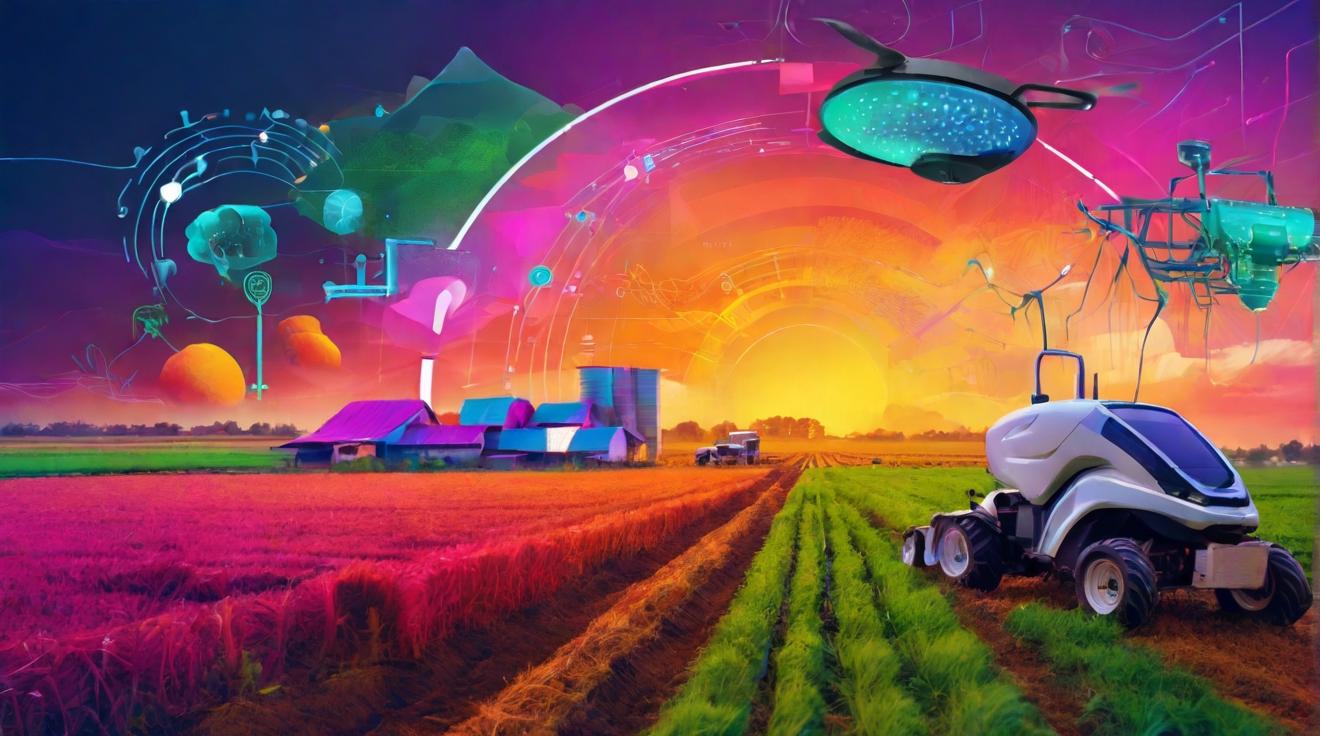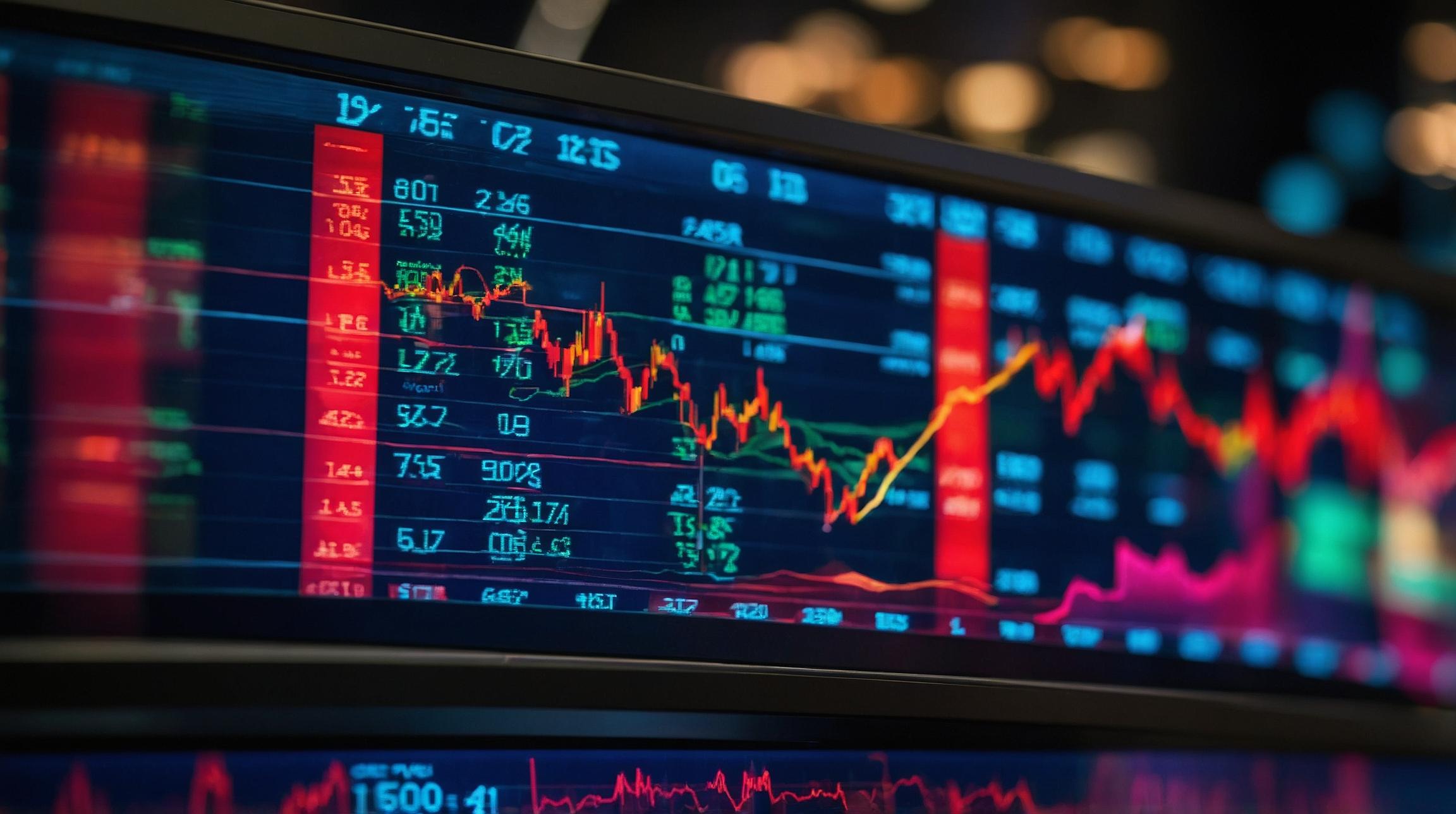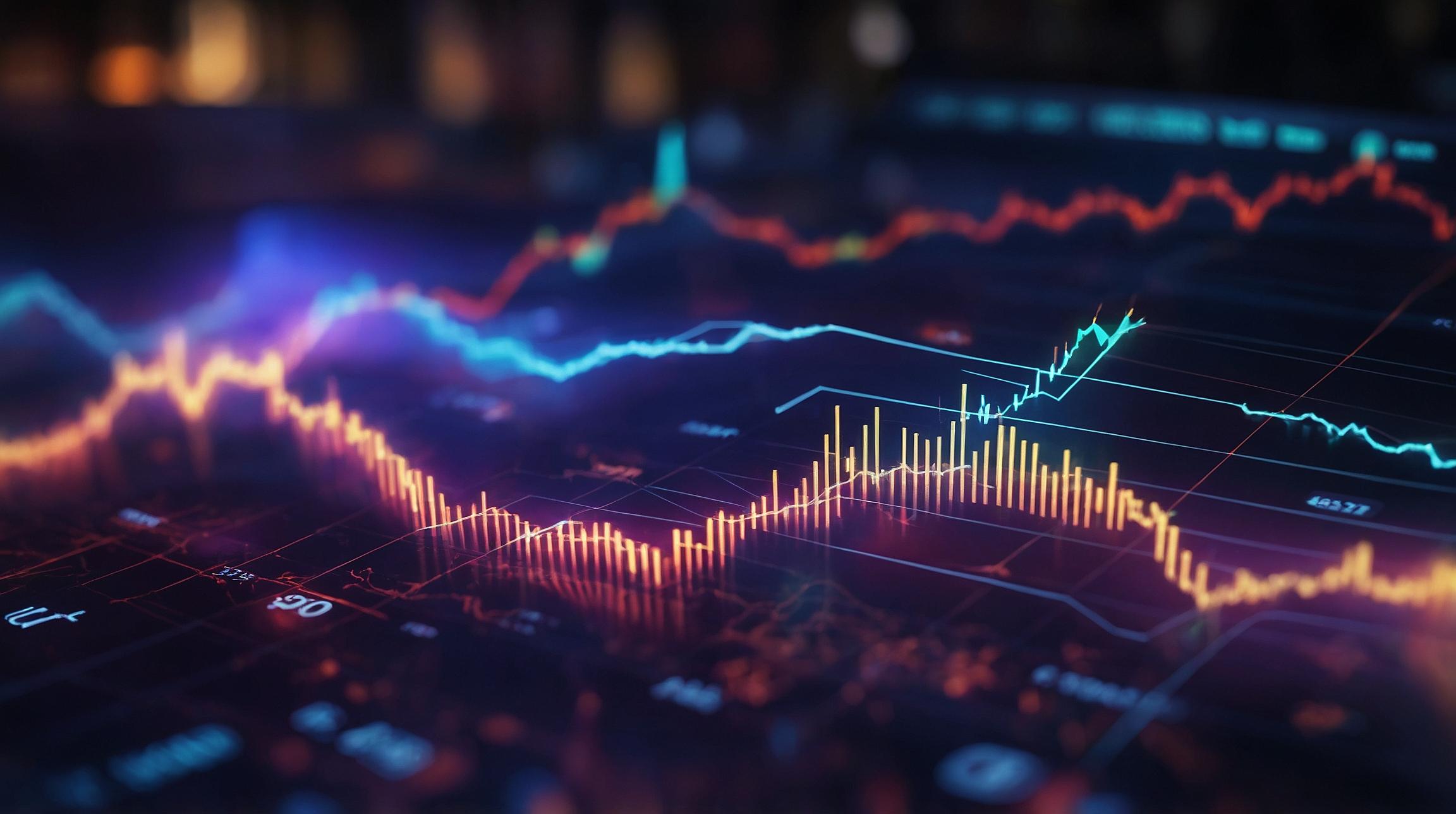Revolutionizing Agriculture: The Convergence of Blockchain, Artificial Intelligence, and IoT
In an unprecedented shift towards digital farming, blockchain technology is poised to redefine the food supply chain, offering unparalleled traceability, efficiency, security enhancements, and a foundation for sustainable transparency. This innovation comes at a critical juncture, addressing growing concerns over food safety, wastage, and the global call for sustainable farming practices.
Further enhancing the agricultural landscape, Artificial Intelligence (AI) has emerged as a game-changer, with the potential to significantly increase crop yields while optimizing resource usage through precision agriculture. AI-powered systems are now capable of analyzing an array of data collected from sensors, satellites, and drones. This intelligence not only provides invaluable insights into soil health, water usage, and crop growth but also facilitates informed decisions on irrigation, fertilization, and pest control strategies. The result? A boost in crop yields and a dramatic reduction in the environmental footprint of farming.
Moreover, AI's prowess extends to the development of new crop varieties and the prediction of weather patterns, thereby fortifying farmers against the impacts of climate change. With the integration of AI-powered cameras, drones, smart fences, and plant sensors, agriculture is now better equipped to deter cattle intruders and pest invasions. The technology's ability to analyze historical data and weather forecasts enhances crop protection measures, ensuring sustainable agriculture.
The Dawn of Predictive Agriculture
Entering the new era of farming, the synergy between IoT (Internet of Things), AI, and Blockchain culminates in a seamless fusion known as smart agriculture. This dynamic trio heralds a comprehensive array of solutions, spearheaded by the concept of Predictive Agriculture. Employing advanced analytics, machine learning, and AI, Predictive Agriculture is not just a buzzword but a practical approach to foretell yield predictions, manage resources efficiently, detect diseases and pests early, mitigate risks, and optimize the supply chain.
Despite the promising horizon, the integration of IoT, Blockchain, and AI technologies in agriculture is not without its hurdles. Among the challenges are security risks, interoperability issues, operational complexity, regulatory challenges, and ethical considerations. It underscores the need for proactive strategies to navigate these challenges, ensuring the technologies' successful adoption and scalability in the agricultural sector.
As the agriculture industry stands on the brink of a digital revolution, the convergence of blockchain, AI, and IoT technologies offers a visionary roadmap towards sustainable, efficient, and transparent farming practices. The task ahead involves balancing innovation with responsibility, ensuring that the digital transformation of agriculture proceeds in an ethical, secure, and socially beneficial manner.
Analyst comment
This news can be evaluated as positive. The convergence of blockchain, AI, and IoT in agriculture is expected to revolutionize the industry by enhancing traceability, efficiency, and security, while promoting sustainable and transparent farming practices. The integration of these technologies will lead to increased crop yields, optimized resource usage, and improved crop protection measures. However, challenges such as security risks, interoperability issues, and regulatory challenges need to be addressed for successful adoption and scalability.













